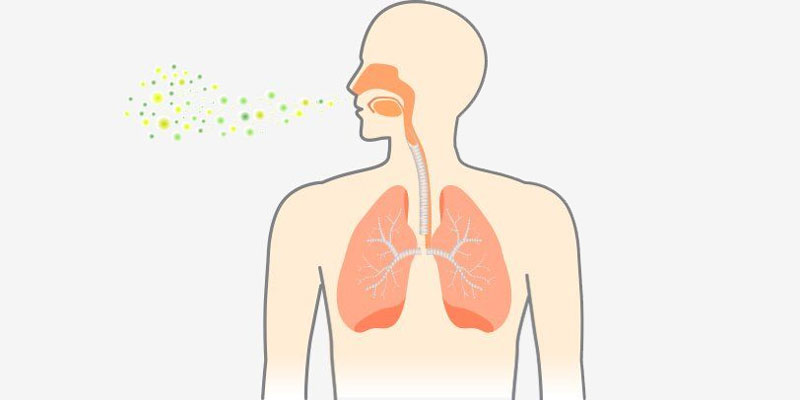
In contrast to the common idea, which the media have mainly molded, a mental breakdown is not a condition that expresses itself as unconsciousness as a reaction to a single stressful experience. Instead, a nervous breakdown is a condition that may occur at any moment. In point of fact, "nervous breakdown" is not a phrase used in medicine, nor does it indicate the presence of a mental disorder.
To put it simply, a nervous breakdown is an umbrella phrase that refers to a time of stress that affects a person to the point that they cannot function normally in their day-to-day life. This may be caused by several factors, including but not limited to: A nervous breakdown is not in and of itself a diagnosable mental disorder; nevertheless, it may be an indication of underlying mental health conditions that need medical intervention, such as anxiety or depression. The warning signs of a nervous breakdown are different for each individual and heavily depend on the underlying reason. The following are some mental, emotional, and physical symptoms that may indicate that a person is on the verge of having a nervous breakdown:

1- Inability to Focus
Your capacity to focus and pay attention is negatively impacted by persistent stress, making completing the work at hand more challenging. In severe circumstances, the continuous production of the stress hormone cortisol may hurt a person's memory.
2- Having No Regard for One's Physical Appearance
You may be on the verge of an emotional breakdown if you've reached the point where you don't care how you appear. Stress depletes your energy levels. This often results in a lack of interest. You used to enjoy activities such as getting dressed up, but now you no longer do so. People who struggle with mental health sometimes find even the most specific duties, like taking care of themselves, to be a burden.
3- Paranoia
You may be on the verge of having a nervous breakdown if an overwhelming sense of dread plagues you that something terrible will occur. When you're under a lot of pressure, you tend to exaggerate the severity of your difficulties. The presence of an underlying anxiety problem is often an indicator of paranoia. You may be going through a period of intense stress if you're feeling exhausted all the time. Both mental and physical exhaustion may cause this. Your body is also susceptible to becoming weak. This may throw a wrench into your regular daily routine.

4 - Excessive Eating
If you are under a lot of pressure, you may get a surge of adrenaline, which gives your body the energy it needs for the fight or flight reaction. After that is finished, cortisol causes your body to need food to restore depleted energy reserves. Therefore, your body deceives you into thinking that you need to eat, even when you probably don't. A nervous breakdown has the potential to be tied to any suffering. These symptoms include the typical discomfort in the stomach and the head. It has been shown that those under a lot of stress are more likely to suffer from stomachaches and other associated ailments, such as constipation.
5- Oversensitive Nose
There's a good chance that the reason you're feeling stressed is the reason why your sense of smell is suddenly improving. The brain begins to interpret odors that are not unpleasant as being unpleasant. This is undeniable proof that you are experiencing anxiousness or anxiety. Rapid breathing has been shown to amplify the adverse effects of stress on the body. It's essential to watch for anxiety signs like tightness in the chest, so do that too.
6- Poor Posture
Another symptom of depression is having poor posture. A lousy posture may deplete your energy levels and further deteriorate your mood, while having an excellent posture might enhance your perspective on your situation. Harsh breathing might be a warning sign of something much more severe. Be sure to have it checked out by a medical professional. In any other case, a breathing exercise may assist you in slowing down your breathing and ease the stress reaction your body is through.

7- Stress, Anxiety, and Mood Disorders
A person may suffer anxiety, high blood pressure, dizziness, upset stomach, or depressed symptoms such as despair and the impulse to inflict self-harm. Both of these conditions may cause a person to feel hopeless. There is a good likelihood that you are going through a nervous breakdown if you have noticed a shift in the rhythm of your sleeping. It is troublesome because it may lead to instances in which you sleep too much to shield yourself from the adverse effects of the situation. At other times, you may get tiny or no sleep at all.



